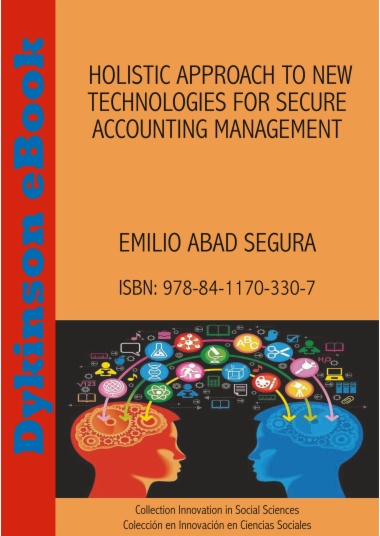First, it is essential to recognize that new technologies are not a magic bullet on their own. While they offer great opportunities, they also pose ethical challenges that must be addressed responsibly. Privacy, confidentiality, and transparency in the use of data are critical issues that must be considered at every stage of the implementation process. Ethics and organizational values must guide all decisions related to the use of these technologies, and accounting professionals must be aware of their responsibility to protect data and make ethical decisions based on the results generated by these tools. Second, from a legal perspective, it is critical to understand and comply with applicable laws and regulations regarding data protection, privacy, and regulatory compliance. Organizations must be aware of the legal implications of implementing new technologies and ensure that their practices are aligned with applicable legal provisions. This involves not only being aware of the laws and regulations, but also taking into account relevant industry standards and codes of conduct. Third, organizational adaptation is a critical factor to guarantee the success of the implementation of new technologies in secure accounting management. Training and development of digital skills are essential so that accounting professionals can make the most of these tools and adapt to changes in work processes. Furthermore, change management is essential to overcome resistance and foster a culture of innovation and collaboration. Active employee engagement, clear communication, and committed leadership are key elements in achieving a successful transition to a digital environment. Lastly, accounting data storage security is a critical aspect that cannot be overlooked. The confidentiality, integrity and availability of financial information are essential for secure accounting management. The adoption of cloud storage solutions offers benefits in terms of remote access, scalability, and advanced security, but also poses challenges in terms of data security and regulatory compliance. Organizations must implement robust security measures, establish clear data management and retention policies, conduct regular audits, and have data backup and contingency plans in place to ensure the confidentiality and integrity of financial information. Thus, adopting a holistic approach to new technologies for secure accounting management implies considering ethical, legal, adaptation and security aspects at all stages of the process. Only through a comprehensive understanding and proper management of these impending challenges, organizations will be able to take full advantage of the potential of new technologies and ensure efficient, accurate and secure accounting management in today's business world.
- Cover
- Title page
- Copyright page
- Index
- Introduction
- Chapter 1: Impact of accounting technologies on business management
- Chapter 2: The digitalization of accounting
- Chapter 3: Automation of accounting processes
- Chapter 4: Blockchain and cryptocurrencies in accounting
- Chapter 5: Artificial intelligence and accounting
- Chapter 6: Digital Transformation in Accounting Management: How New Technologies Ensure Efficient and Secure Accounting Management In Companies
- Chapter 7: The future of accounting: Trends and challenges
- Final Thoughts

